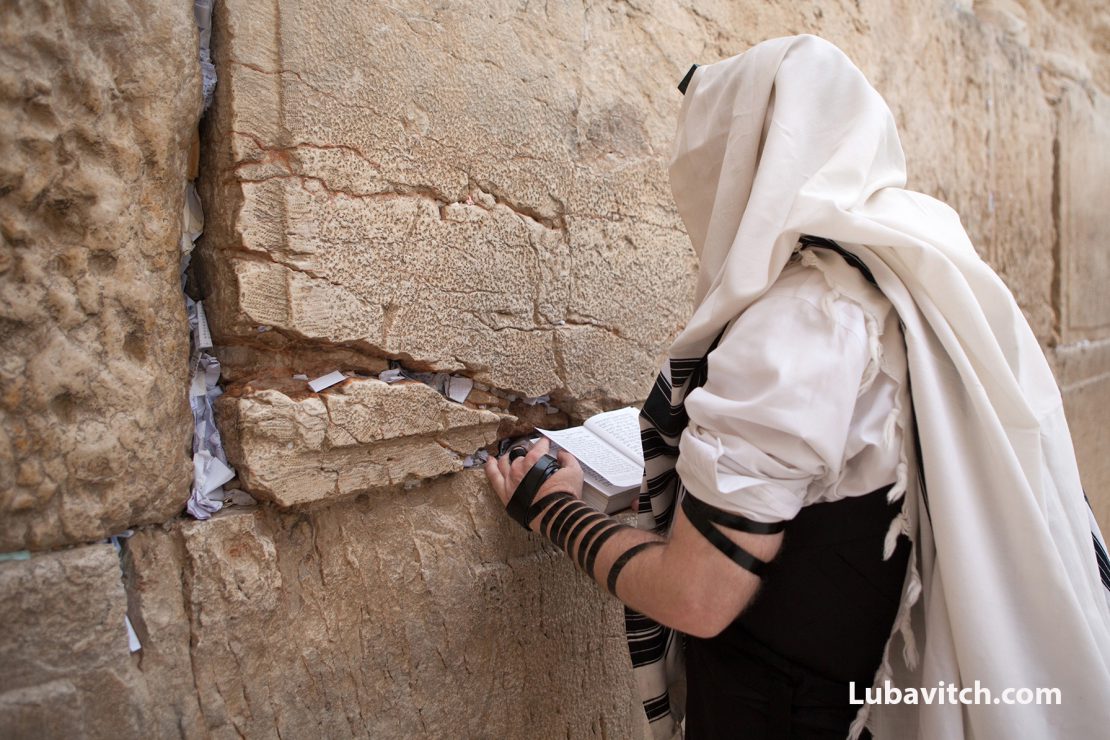Somewhere in the middle of the cantor’s repetition of the Yom Kippur afternoon Mussaf service, I finally get to concentrate on the prayers for a few minutes. I didn’t really have the chance to do that until now. After all, in my role as a Chabad rabbi, I want to make sure that everyone who made it to synagogue on Yom Kippur is finding their way through the prayers with something that will linger and make a difference in to them well after the High Holidays season is over.
So, often before key prayers, I offer a thirty-second insight or story about the verse we’re about to say, hoping to convey something about the ancient prayers that will resonate. Sometimes it works. I sense a connection and it feels like a light bulb goes on in the shul. And sometimes it doesn’t.
Nonetheless, even when my comments don’t exactly illuminate the room at that moment, I know that the sincerity of those who are holding their machzors, struggling with the prayers and trying to connect with something authentic on this special day is, in and of itself, precious.
But how do I balance my focus on my personal prayers with my responsibilities to the community? I remember the Rebbe’s teaching based on the Talmud that says that when one shares something of oneself with others, “their own mind and heart are blessed to be 1000 times clearer.” This, said the Rebbe, was to be taken literally.
And the clarity for the congregation and myself arrive at the same moment. My eyes suddenly land on the prayer, v’Avita Tehilla, in the Yom Kippur Mussaf repetition, which points out something extraordinary: The passage’s words contrast the pure, celestial angels as they sing G-d’s praises on high—no doubt in utter perfection—with the fragmented prayers offered by mere mortals.
The refrain makes it clear: “Yet You [specifically] desire praise from [mortal humans] who are formed from a clod of earth . . . who are deficient in good deeds. Yet You [specifically] desire praise from mortal men who are . . . flesh and blood, naught and nothingness . . . a passing shadow, and a fading flower . . . and this is Your praise.”
Each of us, in our own ways, works to get a genuine davening going. How uplifting to know that the One above cherishes our struggle even more than the melodious songs of the angels.
I share the thought with the congregation. The light bulb goes on. No doubt a thousand good thoughts will soon follow and continue.
Levi Fogelman is rabbi at Chabad Center of Natick, Metrowest, MA

Be the first to write a comment.